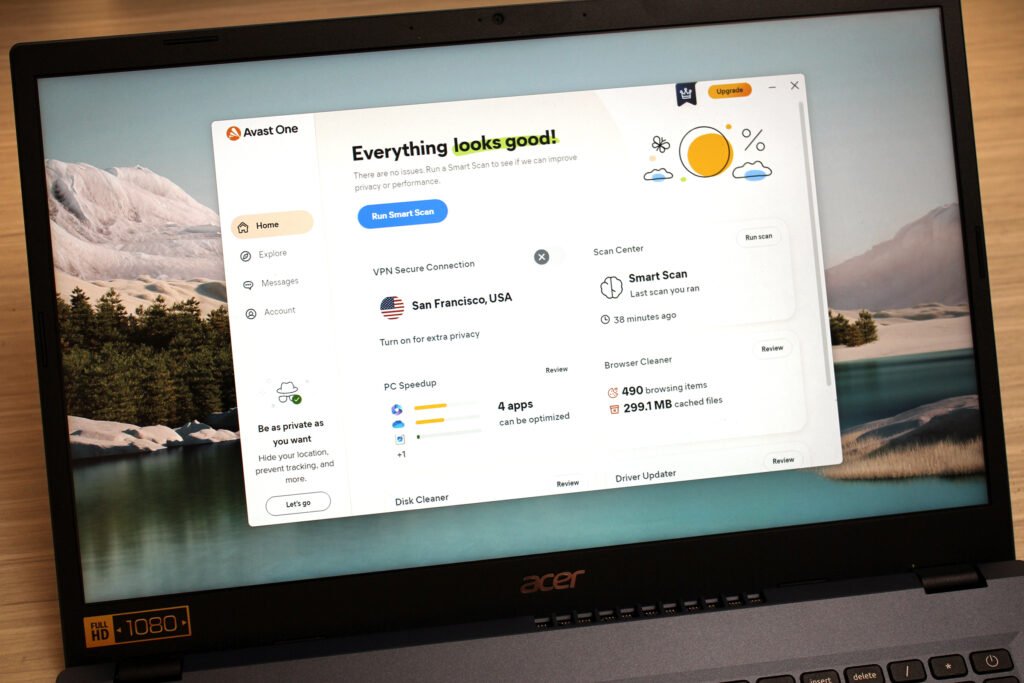How to set up and install a VPN on Android – TechRadar

The smartphone has really become the personal computer for many of us. After all, it is always on, always with each of us, and constantly in use. In many cases, we literally have our entire lives on these do-all devices – where Google’s Android platform as an estimated 85% of the market.
Despite their market dominance, Android smartphones are still generally considered less secure than their iPhone competition. That does not mean that you should toss your favorite Android phone, but be aware of what you are dealing with.
VPN on your Android smartphone has become so popular. Well, that and the ability of VPNs to help you watch films and TV shows on foreign streaming sites, viewing websites and apps that have been blocked in certain offices, colleges and countries, and plenty more besides.
Fortunately, getting your cell set up for with a virtual private network is child’s play. It all starts with checking out TechRadar’s guide to the top Android VPN apps you can find at the Play Store.
And, from there, well… just follow the steps below. We’ve demonstrated how to get your service set up on Android using our #1 fave ExpressVPN.
Get the best Android VPN with 49% off plus 3 months FREE
The awesome ExpressVPN tops the lot when it comes to getting a VPN for Android. It’s super secure, boasts fast connections to 3,000+ servers across over 90 countries, and fantastic at unblocking streaming services like Netflix and iPlayer – plus, you can try it out for 30 days with its money back guarantee.
View Deal
1. Download the Android app
You have two choices here. Obviously , you can go to the Play Store and find your chosen app there. Hit the “Install” button on the upper right corner of your screen and away you go.
BUT if you do that then you’ll miss out on the exclusive three months for free offer that we’ve arranged with ExpressVPN. Follow this link and get started on the ExpressVPN website and you can be sure to bag that little bonus.
Once you’ve done that, Express will guide you to its Play Store page and you can continue the normal process as above.
2. Open up your app
After under a minute, ExpressVPN should be downloaded and installed. The next step is to open the ExpressVPN app, by clicking on the green button “Open.”
3. Sign up/enter your login details
If you took our canny money saving advice, then at this point you can enter your login credentials on your Android smartphone. So namely your email address and password, which you used when you signed up for the account.
If not, you’ll need to hit “New User” and take things from there. But remember, it isn’t too late at this point to get back to the provider website and take advantage of its special offer.
4. Happy to help?
The next screen presents you with a choice of sharing crash reports and information to improve the service. Obviously it depends on how benevolent you feel on what you choose here.
5. You’re ready to connect
That’s basically it – you’re ready to start using your VPN. On the next screen, the VPN is getting ready to go and it just needs a final input from you.
So hit the the red circle above where it says “Tap to connect” and in a matter of moments you’ll be connected.
6. Choose your location
At this stage you know that the VPN should be working as your app should clearly tell you that it’s “Connected”. The software will choose a location for your based on your closest server.
Prefer to connect to a server elsewhere in the world (perhaps one in a country that is showing the sport or TV show you were hoping to stream)? Tap the “Current Location” box and take your pick.
There you have it, and you can see how simple it is to get a VPN working on your Android smartphone.
Why should I get a VPN on my Android?
A smartphone is only as good as its connection. While cellular providers have gotten better through the years at providing a consistent data connection, issues still remain with the security of the connection. Furthermore, when at home or at work, many folks hook into a less secure Wi-Fi connection for faster throughput, and a better signal indoors.
Therefore, it makes sense to take some reasonable precautions to keep your Android phone secure. It starts with being wary of what gets installed on the phone, and to only use well known, highly rated apps from the Google Play store. Also, pay attention to what permissions each app is granted and make sure that they make sense (yes, a photo app does need access to the camera, but a text editor should not need the information from the GPS). While we are at it, be sure to run an Android antivirus app periodically to keep the phone clean. Finally, keep the connection secure, and avoid the malware in the first place with a mobile VPN.
Most better VPNs offer support for many types of devices beyond just your laptop or desktop computer. When choosing one, pay attention to if it supports all of your devices, and in particular your Android smartphone. Take note of the pricing, and any discounts available by prepaying for a longer plan, such as an annual discount.
Be the first to write a comment.








